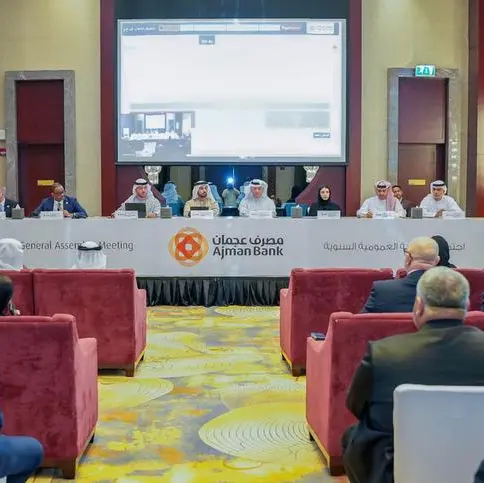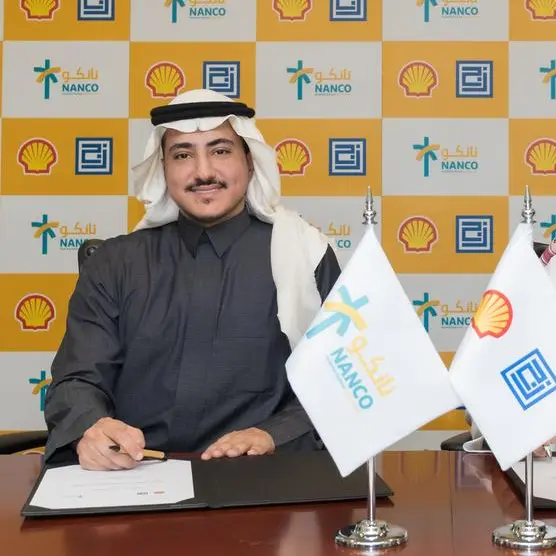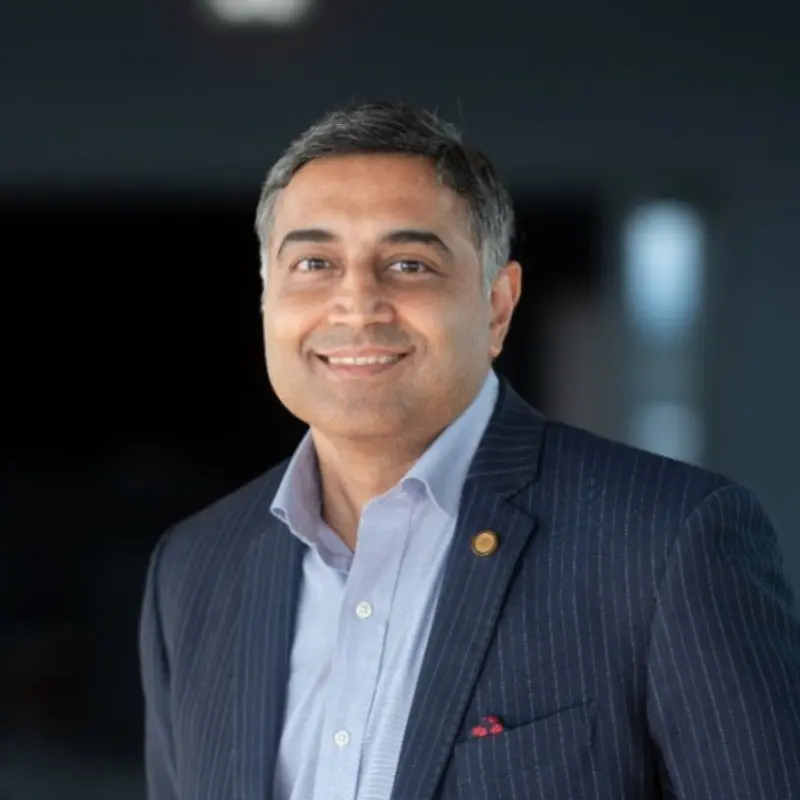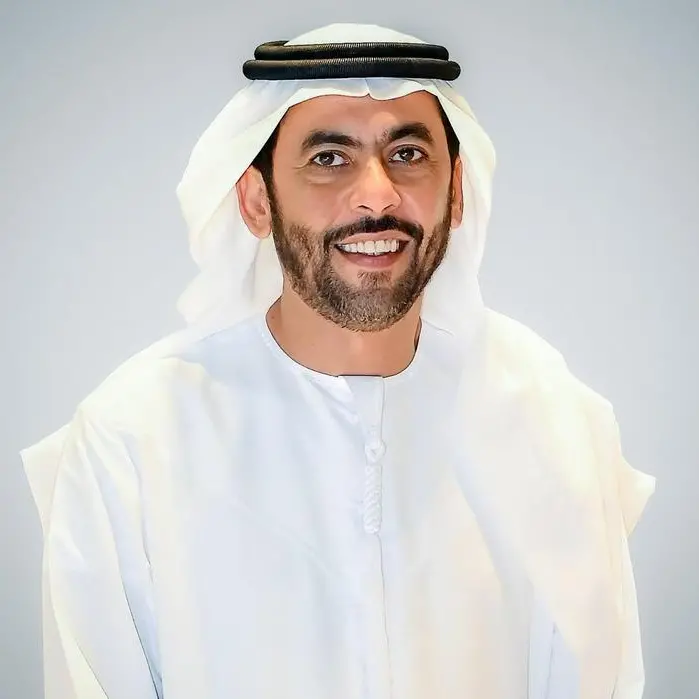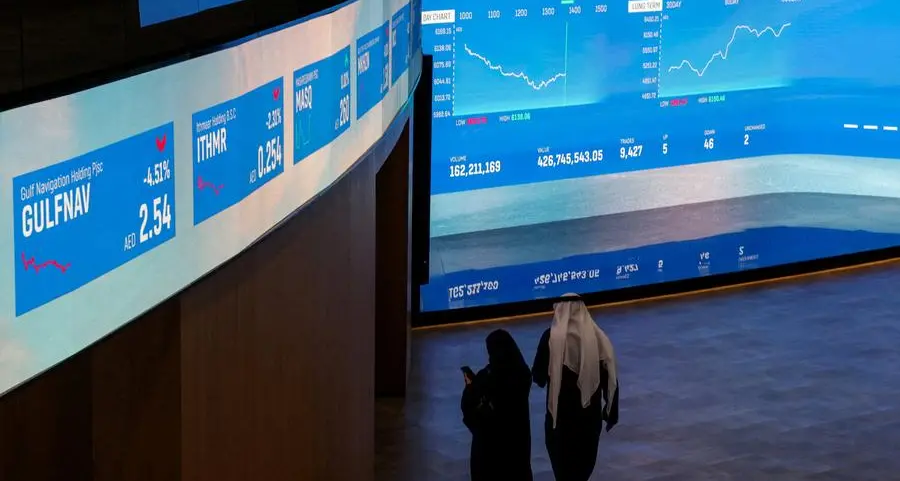DUBAI – An inclusive and collaborative approach to our food systems is necessary to achieve better production, better nutrition, a better environment and a better life for all, Dr Abdulhakim Rajab Elwaer, Assistant Director-General, Regional Representative for Near East and North Africa, the Food and Agriculture Organisation (FAO) said on Saturday, World Food Day.
Dr Abdulhakim was speaking at Expo 2020 Dubai’s World Food Day programme, held in collaboration with the UAE Ministry of Climate Change and Environment (MOCCAE) and FAO, where the UAE signed a number of strategic partnerships to promote world food security, strengthen food systems and contribute to eliminating hunger worldwide promote sustainable food systems.
These included a letter of intent between MOCCAE, FAO and Emirates Nature-WWF to promote health diets from sustainable food systems as a means to benefit the community, preserve the environment and boost the national economy.
Dr Abdulhakim said that after a “challenging” year, strengthening partnerships and coordinated action, including programmes and capacity development efforts, would help sustain the people and planet for future generations.
“As we observe World Food Day, this year has been different and challenging. This is due to three reasons: climate change, calamities and conflicts,” he said.
“Hunger in the MENA [Middle East and North Africa] region has been rising since 2014. The number of malnourished people reached 69 million in 2020 – a 91 per cent increase in two decades. And COVID-19 has provided another shock. The number of undernourished people rose by 4.8 million. It’s estimated that 32 per cent of the population did not have regular access to sufficient and nutritious food.”
The United Nations’ 2030 Agenda for Sustainable Development is focused on cooperation and partnerships, and to achieve the Sustainable Development Goals (SDGs). A paradigm shift and work towards transformative partnerships and international development cooperation is essential.
“The solution lies in an inclusive approach to international cooperation. States, international organisations, civil society, the private sector, all relevant non-governmental organisations and other stakeholders should promote the strengthening of partnerships and coordinated action, including programmes and capacity development efforts to create effectiveness, sustainability and synergies,” said Dr Elwaer.
The UAE and FAO also signed the Hand-in-Hand Zimbabwe-Smallholder Horticulture Recovery and Inclusion Project [SHRIP] and renewed the Credit Fund for the Sub-Regional Coordinator for the GCC and Yemen.
© Press Release 2021
Disclaimer: The contents of this press release was provided from an external third party provider. This website is not responsible for, and does not control, such external content. This content is provided on an “as is” and “as available” basis and has not been edited in any way. Neither this website nor our affiliates guarantee the accuracy of or endorse the views or opinions expressed in this press release.
The press release is provided for informational purposes only. The content does not provide tax, legal or investment advice or opinion regarding the suitability, value or profitability of any particular security, portfolio or investment strategy. Neither this website nor our affiliates shall be liable for any errors or inaccuracies in the content, or for any actions taken by you in reliance thereon. You expressly agree that your use of the information within this article is at your sole risk.
To the fullest extent permitted by applicable law, this website, its parent company, its subsidiaries, its affiliates and the respective shareholders, directors, officers, employees, agents, advertisers, content providers and licensors will not be liable (jointly or severally) to you for any direct, indirect, consequential, special, incidental, punitive or exemplary damages, including without limitation, lost profits, lost savings and lost revenues, whether in negligence, tort, contract or any other theory of liability, even if the parties have been advised of the possibility or could have foreseen any such damages.
